
With the prominent shift of business from the traditional market to the digital, content marketing undoubtedly holds significant importance. Content strategy has been deliberately used to generate leads through the website. But do you know 1.8 million new web pages are being developed every 24 hours? Out of these, some might receive good traffic while some may remain untouched.
Another research says 91.5% of Google traffic is received by the first page and the rest of the traffic never goes beyond page three.
SEO keyword research is all you require to lift your ranking. It is a technique that makes you study and target what search terms people generally look for. It increases your rankings on search engines. All you need here are some keyword research tips that would optimize your website.
1. Audience Analysis according to your niche area
The first step towards your keyword research strategy is getting into the heads of your target audience. List out the most relevant topics that your audience might search for to reach out to your website. Before your competitors pick the best keywords for their websites, you need to understand whom you are optimizing for.

2. Importance of Primary & Secondary Keywords
Both these keywords are equally important as they can bring a considerable amount of traffic to your site. The primary keywords that you pick should target a broader audience and must be spread across the text on the complete site. Keyword research for SEO also includes secondary keywords that play a supporting role. For the best ones define your product and services.

3. Target Long-tail keyword
Using long-tail keywords is among the keyword research best practices. Single keywords sometimes lack clarity and cover a wider range. While long-tail keywords are specific to a particular market and target audience. They are extremely good for voice search as generally; the voice search queries are long.
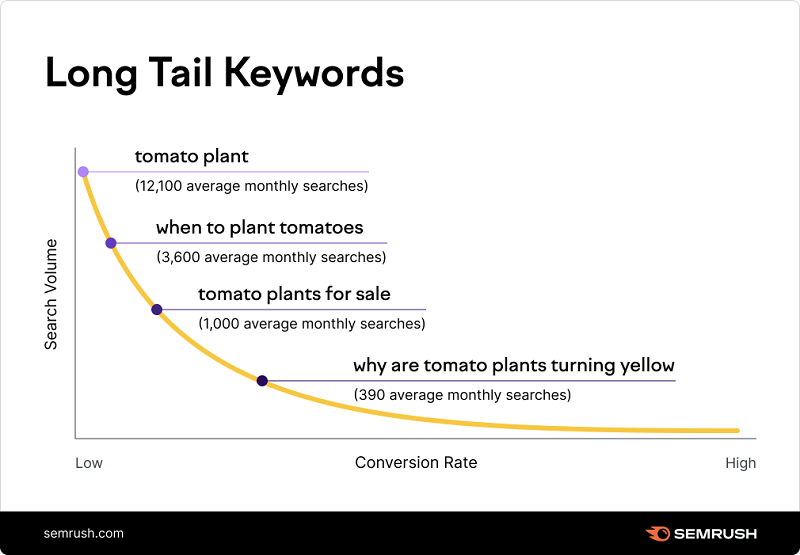
a. Less competitive
Searching keywords that are not highly competitive and still have a good number of monthly searches can be a tedious task. But using long-tail keywords attracts the exact audience that you are looking for.
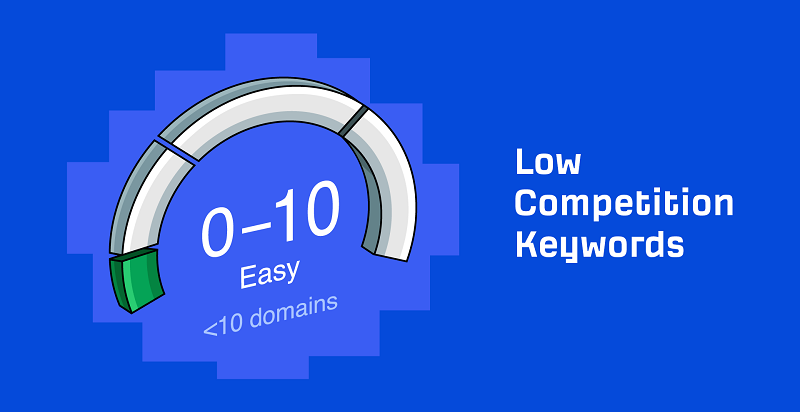
b. Use Answerthepublic or Alsoasked
These two question-focused tools are very popular these days. Answerthepublic hears the autocomplete data from search engines and extracts the useful phrases out of them. Alsoasked is another tool that expands the thinking in terms of content creation. It organizes and displays the data in google search results.
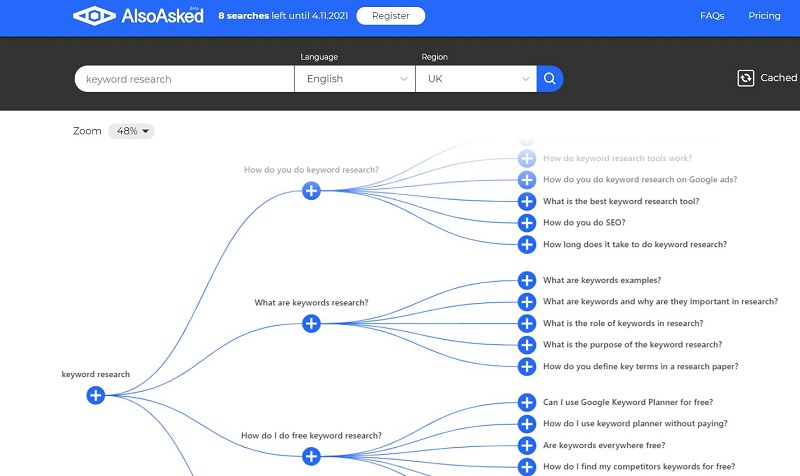
4. Focus on Relevant Topics on your niche
Writing broadly about any industry is not easy. If you want to target a particular group, it is very important to focus on the most relevant topics. You have to dig deep for specific long-tail keywords. Learn more about the topic and define your goals first. List down relevant topics and pick up the seed keywords that your target audience will probably search for.
5. Specify User Intent
It is something beyond keywords that describe what a user is exactly looking for. Whenever a user turns to a search engine user intent keyword research tells the reason behind a particular keyword and phrase.
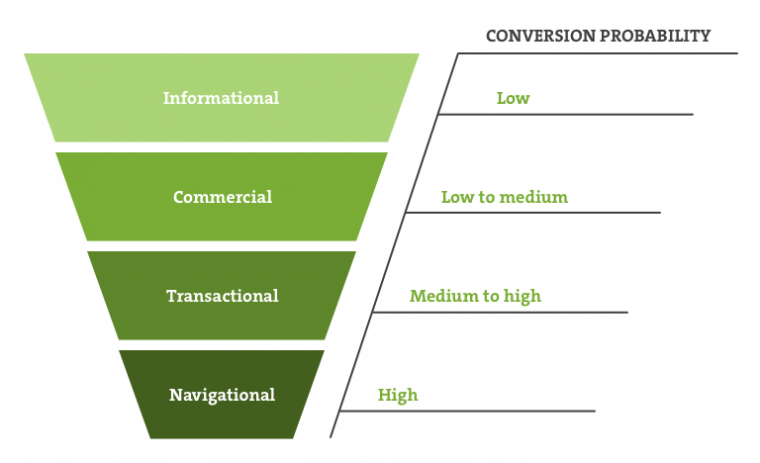
a. Informational intent
When users are looking for information, they are among the ones who want to know something. When there are informational queries, be prepared to provide informational results. People aren’t here to buy anything, so instead of selling, educate them on how your products and services work.
b. Navigational intent
Your keyword research strategy must consider users who are trying to get to a particular website. These users want to go somewhere online. To make sure people get to where they need to go build out your site with great content and links to show in the SERPs.
c. Transactional intent
These users are prepared for purchase and perform some or the other type of specific online activity. Use all conversion optimization techniques you have. Your purchase page must be your direct landing page. Use product images, call to action, offers, and strong headlines.
d. Commercial intent
These are the users searching for a keyword and might become a customer or lead. For them, you have to use buy now keywords, product keywords, informational keywords, and tire kicker keywords. These keywords reflect the buyer’s intent very well are the best keyword research strategy.
6. Keyword Factors
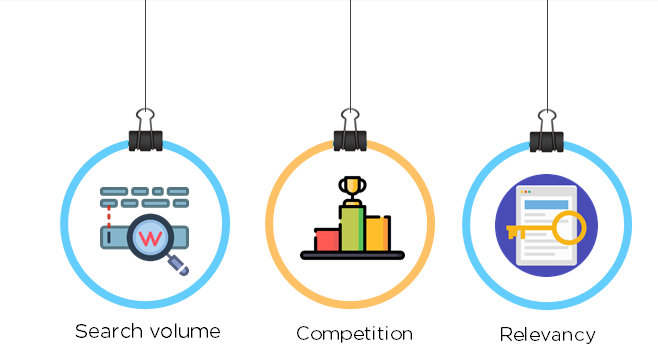
a. Relevancy
The relevance of a keyword to the topic matter on the page is positively the prominent keyword research SEO strategy. Even if you’ve to sacrifice search volume make sure that the keywords you’re trying to upgrade your rank of a specific page to match the content thereon page.
b. Volume
If no one is searching for a keyword or phrase then optimizing it won’t help. You must research the search volume first. Make sure your keyword choices drive good traffic. Research well on the synonyms as well as they too might have higher search volume.
c. LSI Keywords
These are the conceptually related terms employed by search engines to know the content of a webpage. It works on the number of times a keyword is used. It understands that if that keyword is used several times, the page is about that particular topic.
d. Keyword Difficulty
It is an estimate of how hard it is to rank a keyword on search engine results. Before finalizing your keywords use keyword, difficulty tools and see if your keyword is difficult or easy to be searched.
7. Keyword Optimization for FAQs
If you feel the content on your site is complete, commonly asked question pages are still there to assist fill in the gaps that are missing. They provide high-level answers to your customers’ most common questions. Optimizing the content accordingly can increase its SEO value. For this, you can compile the most common questions, provide complete and concise answers, format your FAQ pages for a better user experience.
8. Focus on competitors’ Keyword
It is important to look for what keywords your competitors are using. You will also have to analyze the ranking of their pages. Browse and check what position their page lies in. For similar keywords, you have to see how you increase your ratings. Make use of content gap tool, competitor keyword tool, etc.
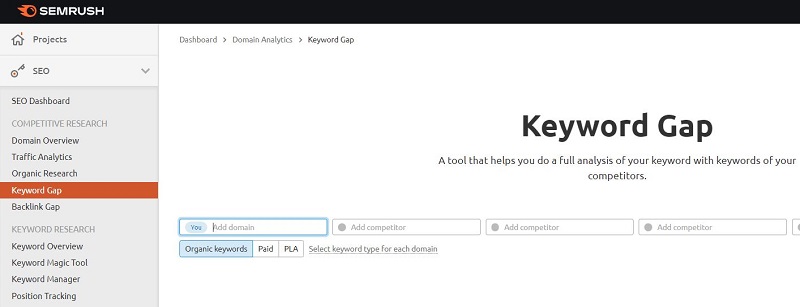
9. Research related terms
Whenever you search for anything on a search engine, for example, on Google. You will find that there are related searches that keep on blinking while you type. Another way is to look for google suggestions that come on the front page. They provide you with an idea about what all things people keep on searching for related to your topic. This is the most common and simple keyword search SEO strategy.
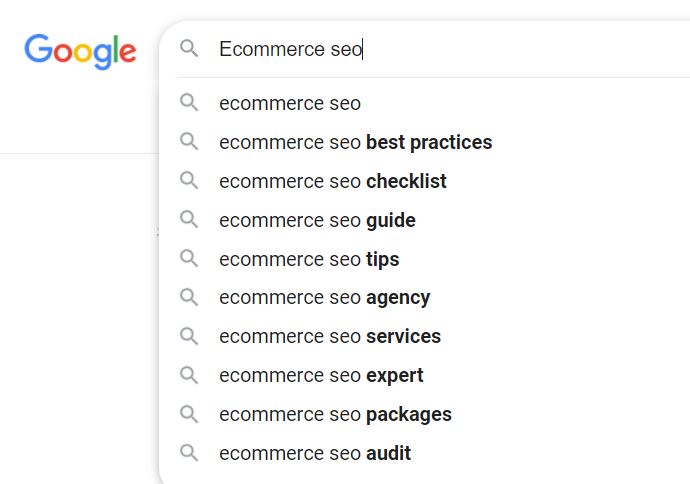
10. Use Keyword Research tools
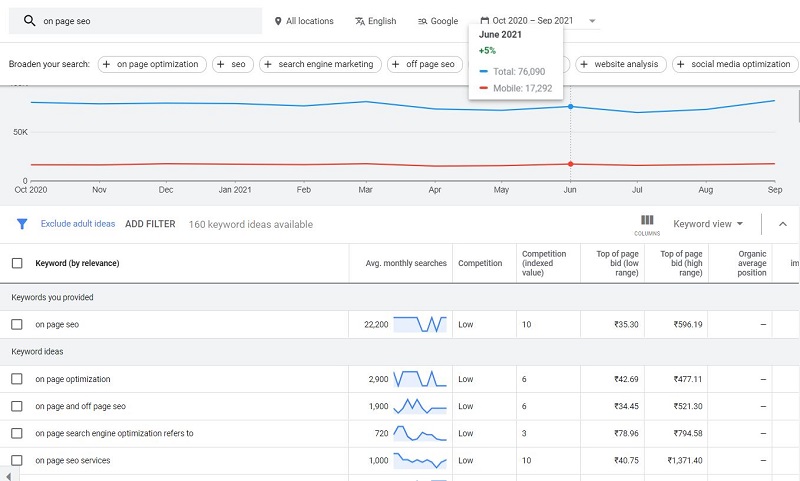
There are different tools available over the internet. Amongst them, Google a keyword planner is a free tool that you can use. Just Google keyword planner and choose your tool. Once you filter and sort the results, analyze the keyword ideas section. Now choose a keyword and get the exact search volume data.
Another tool is Ahref which is powerful and easy to master. You can optimize your site, analyze your competitors, study what customers are searching for, learn from top-performing content and track your ranking progress.
Semrush is another page that provides you with best SEO tools and helps you grow traffic. Here you can get plenty of keywords, run technical audits, and track SERP positions regularly.
11. Enhance Traffic Analytics
With the Google trends tool, you can get all the trending searches on google. It provides you with popular searches during a certain period. You can also get event-triggered spikes in keyword search volume.
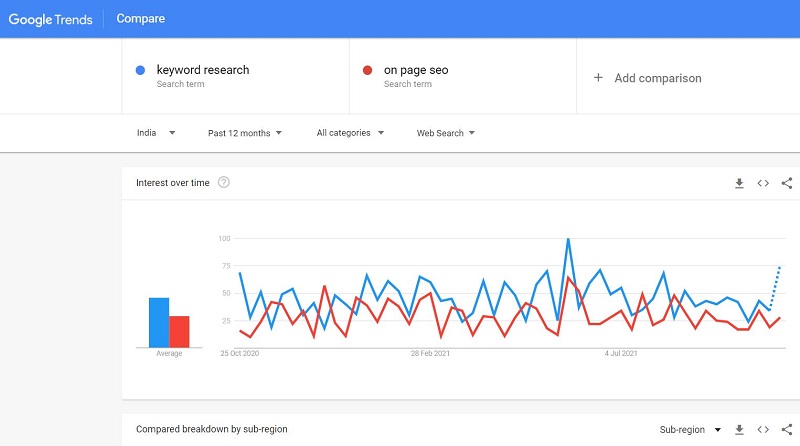
Conclusion
Your keyword research optimization is sure to enhance with the above keyword research practices. Make most of the tools and upgrade the ranking of your website. Remember to re-evaluate the keywords in a few months to gain even more authority in SERP.
Contact Form Popup
Get in touch with us
This will close in 0 seconds

